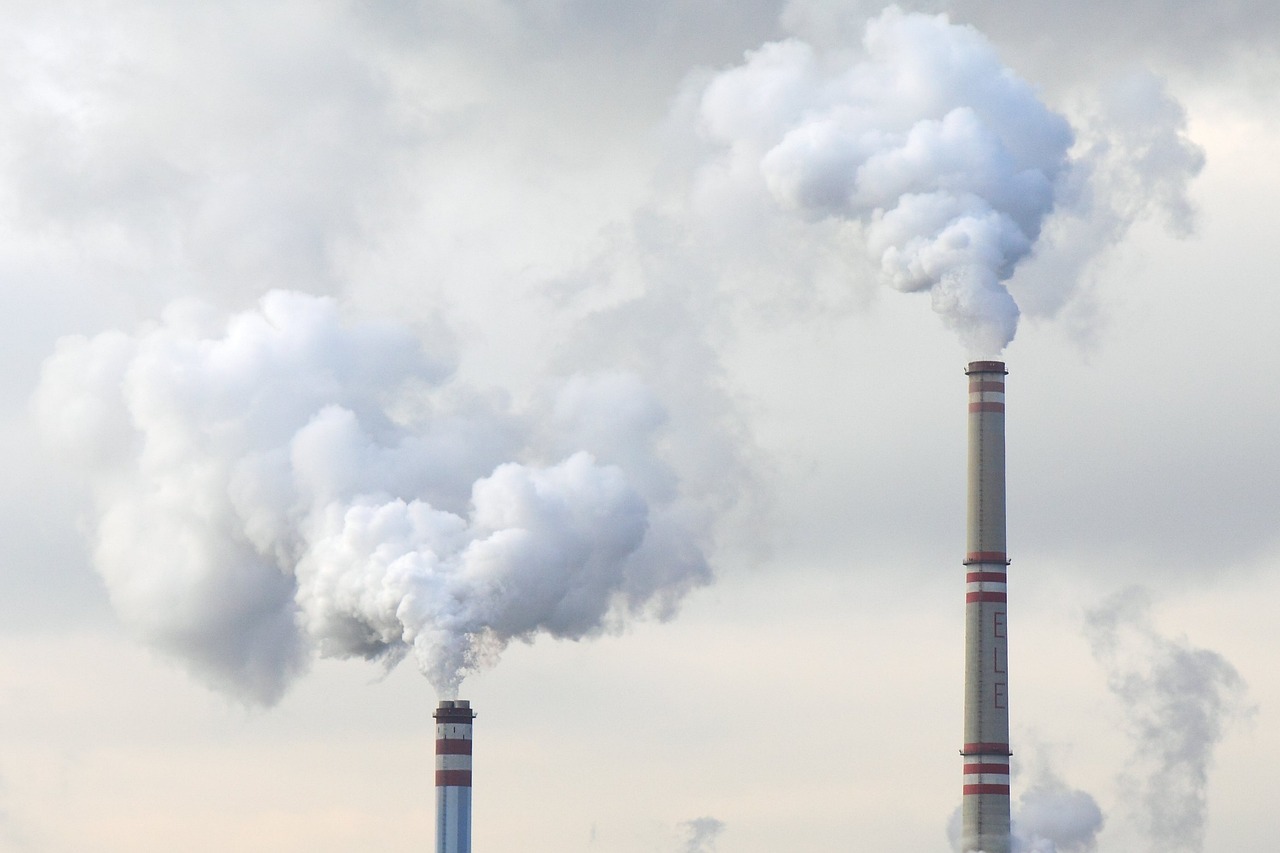
Upgrade to High-Speed Internet for only ₱1499/month!
Enjoy up to 100 Mbps fiber broadband, perfect for browsing, streaming, and gaming.
Visit Suniway.ph to learn
 STOCK PHOTO | Image by PublicDomainPictures from Pixabay
STOCK PHOTO | Image by PublicDomainPictures from PixabayTHE Asia-Pacific (APAC) region is accelerating efforts to phase out coal as part of a broader Just Energy Transition, with regional stakeholders highlighting the need for skill development, social protection, and inclusive policy dialogue to ensure no one is left behind in the shift to clean energy, the International Labour Organization (ILO) said on Monday.
At a two-day regional workshop held in Jakarta, Indonesia, from March 18 to 19, representatives from governments, employers, labor groups, civil society, and academia gathered under the newly formed Community of Practice (CoP) on Just Energy Transition in Asia, the ILO added in a statement.
“We recognize that this transition must be just and equitable. It is essential to ensure that workers and communities affected by the transition are supported through reskilling programs, social safety nets, and the creation of new green jobs,” Bernard Paul M. Mangulabnan, Acting Chief Labor and Employment Officer at the Department of Labor and Employment of the Philippines.
Delegates from Indonesia, Mongolia, the Philippines, Thailand, and Vietnam exchanged progress updates and shared strategies for managing the social and labor impacts of transitioning away from fossil fuels.
The workshop, organized by the ILO and the United Nations Office for Project Services Energy Transition Partnership, emphasized the importance of workforce reskilling, income protection, and multilateral dialogue to prevent inequality from widening as fossil fuel jobs disappear.
Despite momentum, participants acknowledged significant hurdles. Workers in fossil fuel-dependent sectors face displacement, skill mismatches, and wage instability, while access to retraining remains limited.
Participants flagged economic diversification, carbon pricing, corporate social responsibility grants, and policy coherence as key pathways to a smooth and equitable transition. — Chloe Mari A. Hufana




